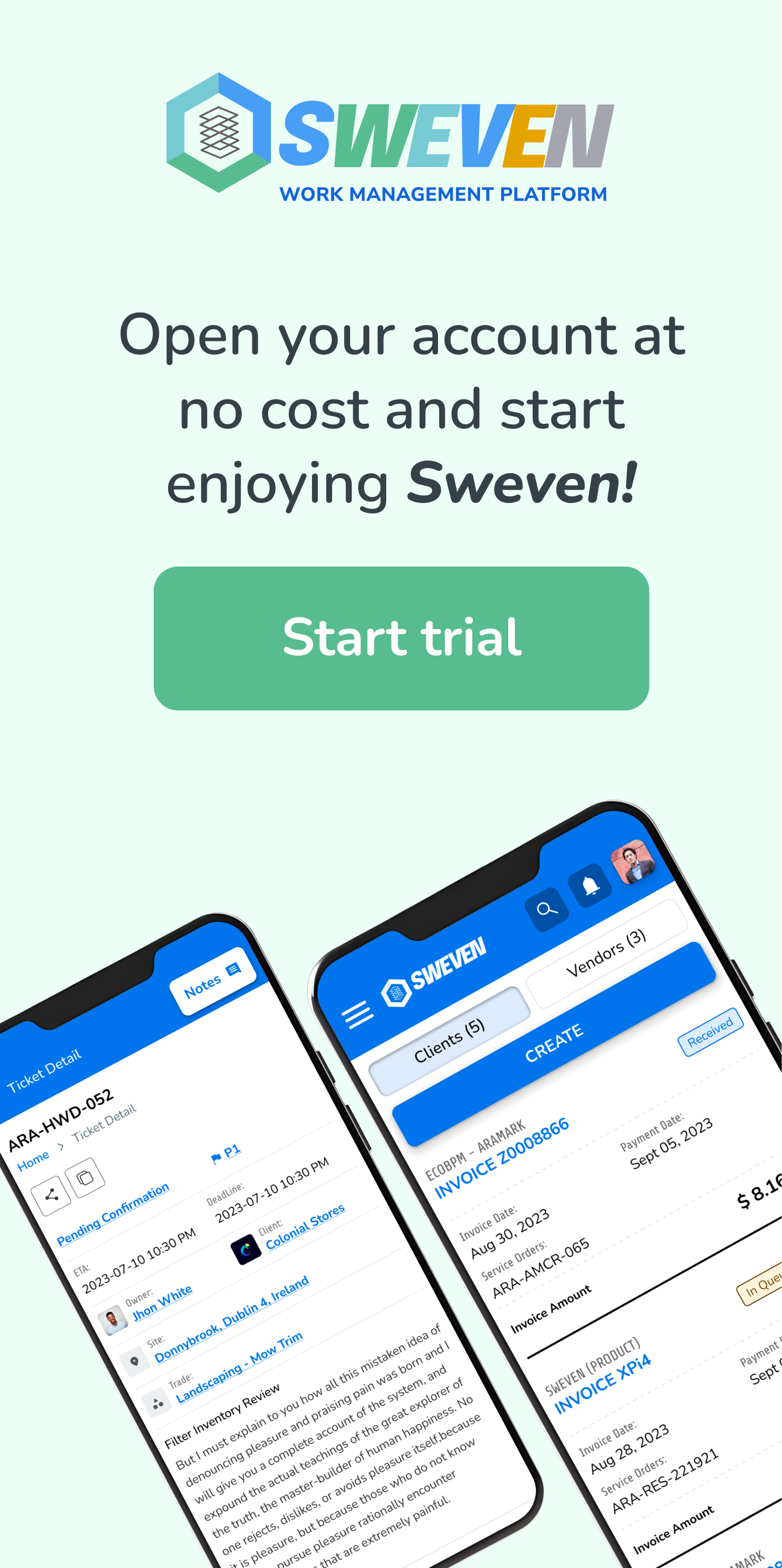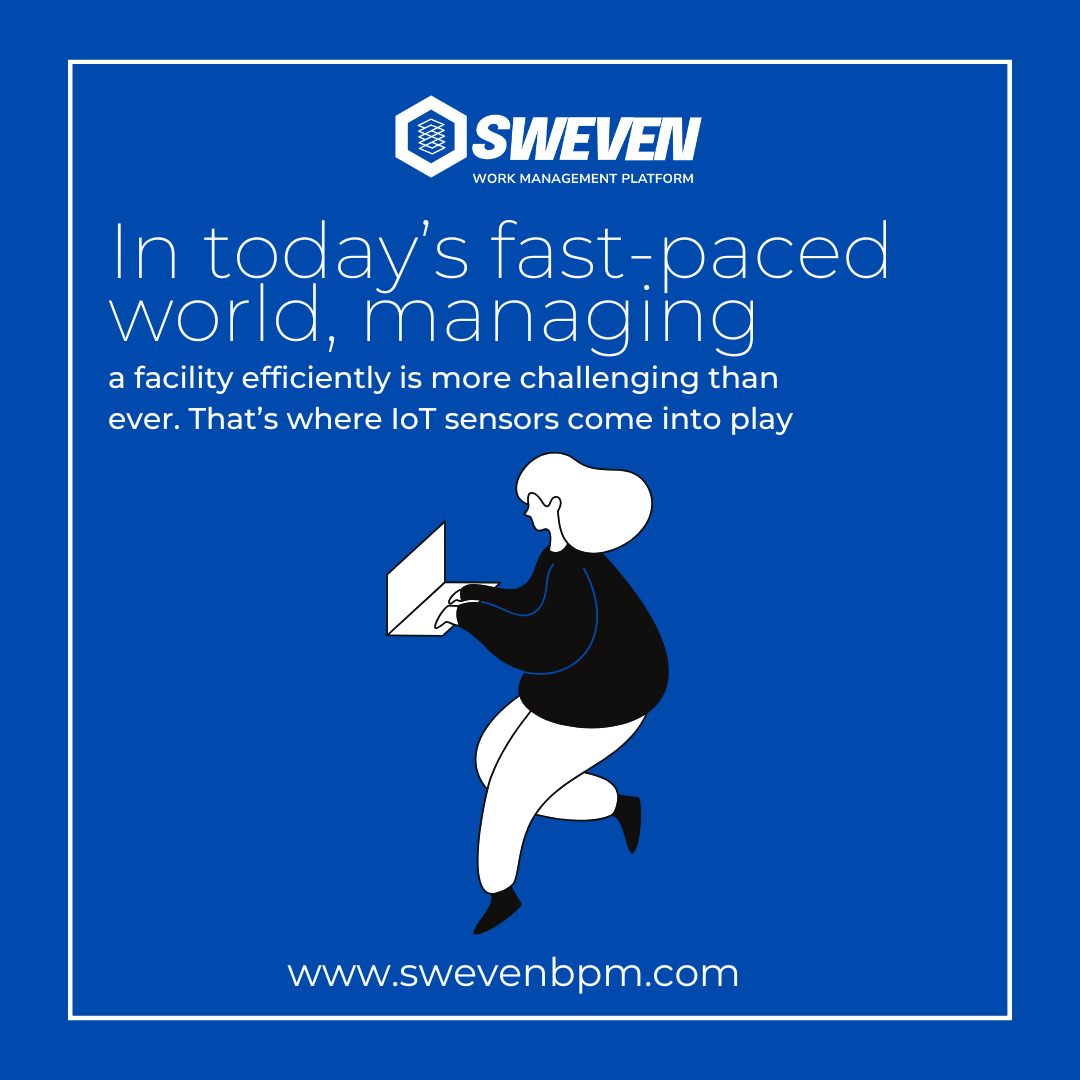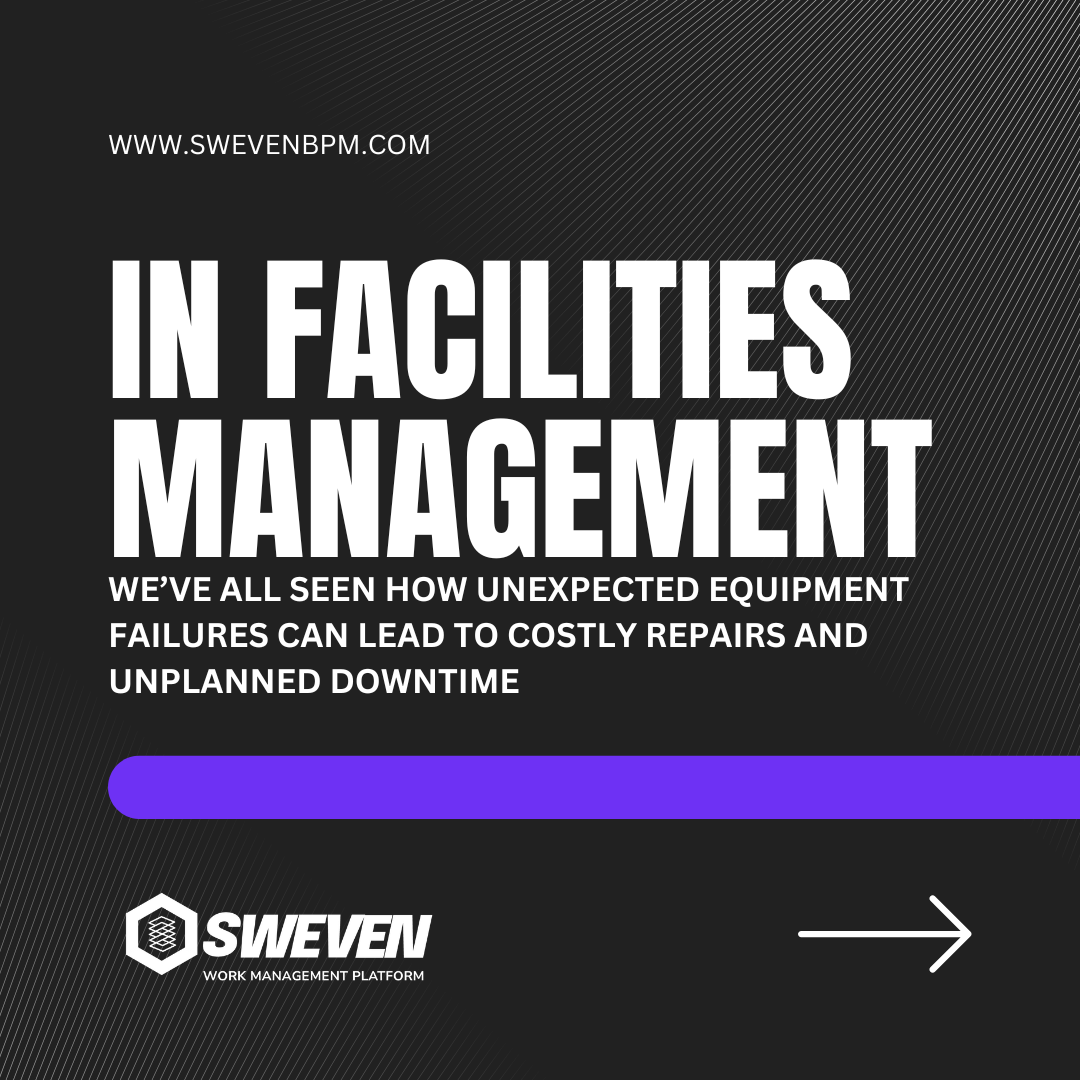Introduction:
In today’s fast-paced business environment, effective decision-making is crucial for the success of project management initiatives. However, many organizations struggle with making informed decisions due to a lack of actionable insights and relevant data. Fortunately, there exists a solution: leveraging data-driven project analytics. In this blog post, we explore how harnessing data-driven insights and performance metrics can empower strategic decision-making, optimize project management processes, and drive organizational success.

The Challenge of Informed Decision-Making in Project Management
Project managers often face the daunting task of making critical decisions that can impact project outcomes, timelines, and budgets. However, without access to timely and relevant data, decision-makers may rely on intuition or incomplete information, leading to suboptimal outcomes and missed opportunities. This lack of actionable insights hinders strategic decision-making and undermines the overall success of project management initiatives.
The Solution: Data-Driven Project Analytics
Enter data-driven project analytics—a transformative approach to project management that leverages data and performance metrics to inform decision-making processes. By collecting, analyzing, and interpreting project data, organizations can gain valuable insights into project performance, identify trends, anticipate risks, and optimize resource allocation. This enables decision-makers to make informed, data-driven decisions that drive project success and deliver tangible business value.

Key Benefits of Utilizing Data-Driven Project Analytics:
- Improved Visibility and Transparency: Data-driven project analytics provide stakeholders with real-time visibility into project performance, enabling transparency and accountability at every stage of the project lifecycle.
- Informed Decision-Making: By analyzing historical data and performance metrics, decision-makers can make informed decisions regarding resource allocation, risk management, and project prioritization, leading to better outcomes and higher project success rates.
- Proactive Risk Management: Data-driven insights allow project managers to identify potential risks and issues early on, enabling proactive risk management strategies to mitigate threats and minimize project disruptions.
- Optimized Resource Allocation: Analyzing resource utilization and productivity metrics enables organizations to optimize resource allocation, ensuring that resources are allocated efficiently to maximize project outcomes and minimize costs.
- Continuous Improvement: Data-driven project analytics facilitate a culture of continuous improvement by providing feedback loops and insights for evaluating project performance, identifying areas for optimization, and implementing process improvements iteratively.
Implementation Strategy:
- Define Key Performance Indicators (KPIs): Collaborate with stakeholders to identify relevant KPIs and performance metrics aligned with project objectives and organizational goals.
- Select Appropriate Analytics Tools: Choose analytics tools and platforms capable of collecting, analyzing, and visualizing project data effectively, considering factors such as scalability, integration capabilities, and ease of use.
- Data Collection and Integration: Implement processes for collecting and integrating project data from various sources, including project management software, timesheets, financial systems, and stakeholder feedback.
- Data Analysis and Interpretation: Utilize analytics techniques such as data visualization, trend analysis, and predictive modeling to extract actionable insights from project data and performance metrics.
- Iterative Improvement: Continuously monitor and evaluate project performance against established KPIs, identify areas for improvement, and implement data-driven strategies to optimize project outcomes iteratively.

Conclusion:
In conclusion, data-driven project analytics is a powerful tool for empowering strategic decision-making, optimizing project management processes, and driving organizational success. By leveraging data and performance metrics, organizations can gain valuable insights into project performance, anticipate risks, and make informed decisions that maximize project outcomes and deliver tangible business value. Embracing a data-driven approach to project management not only enhances project success rates but also fosters a culture of innovation, collaboration, and continuous improvement within the organization. Ultimately, investing in data-driven project analytics is an investment in the future success and competitiveness of the organization in today’s dynamic business landscape.

























